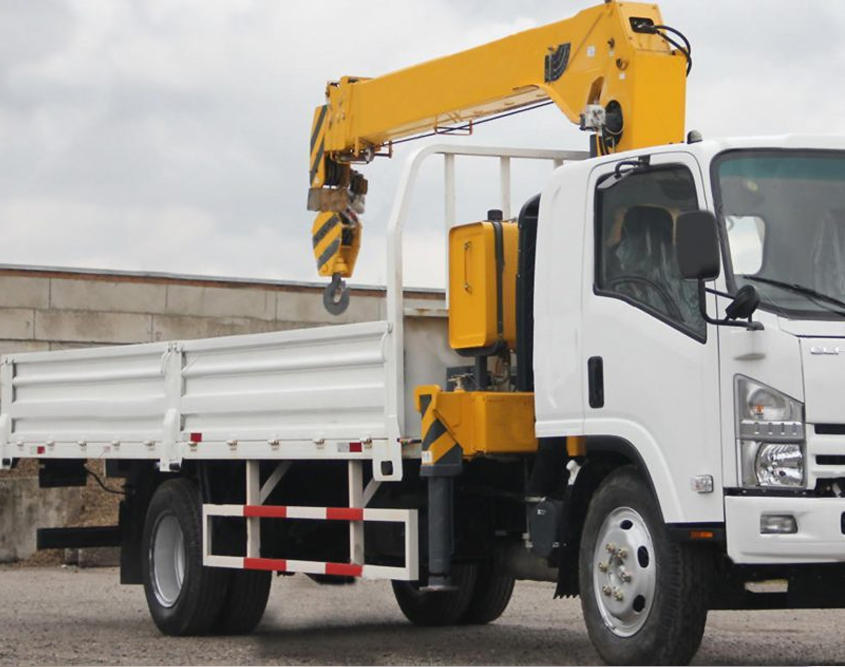Almost every construction project needs lifting and hauling of heavy materials. And it’s here that cranes play a significant role. Cranes are essential for lifting and moving vital equipment and materials. However, when it comes to crane hire, there are a variety of factors you must consider to ensure you get the right crane for the job.
Check the load weight
The weight of the load is the first thing you
need to consider because you need a crane suited to the lifting requirements.
Hiring a high load capacity crane if you only need to move small loads will be
a waste of time and money. On the other hand, hiring a smaller crane that
doesn’t have the capacity to lift your load will also be a waste of time and
money.
Make sure you get detailed information on the
weight and shape of the load to ensure you get a crane suited to your load
requirements.
Also, you need to consider the type of load
you need to move. For example, moving concrete blocks may require different
machinery than moving liquid-filled tanks.
Know the lift height
Before hiring a crane, you will need to know
what the required lift height is. How high you need to lift the load will
affect your choice of crane, as well as the length of the crane boom, counter weights
and other factors. Again, you want to find the crane suited to your
requirements. Hiring a high-rise crane to do first- or second-storey lifting
will end up costing you more than you need to pay.
You need to take note of weather conditions
also, particularly the wind. The higher the lifting height, the more likely it
will be affected by winds.
Evaluate the on-site terrain
The site terrain must be carefully considered.
You need to ensure that the type of crane you hire can
traverse the terrain and that the terrain is stable enough to safely support
the crane while it’s working.
For rough, off-road terrain you may need a
crawler crane, where as a truck-mounted crane is suitable for flat sealed roads.
Picking the right crane ensures that the machinery can access the work site and
do its lifting safely.
It’s also worth considering the weather
conditions. While a work site may be easily accessible during good weather
conditions, it may become muddy or slippery in the rain.
Access to the project site
Site access is also essential to consider.
Will your crane be able to access the worksite? Is there enough road space to
get it onsite? Will you need to close off any roads or move any machinery or equipment
to get it to the site? Is there ample space for the crane to park and set up?
If the crane can’t access the site, you may
need to think about hard-to-reach site cranes or boom trucks instead.
Consider safety issues
Here you need
a two-fold inspection, where not only the crane should be inspected but also
the surroundings. The area around the project site is considered to take note
of potential hazards. You can also hire a local crane inspector for this job.
Because the expert one will be well aware of the weather conditions, site
terrains and safety regulations and can guide you better.
Also, you need to think about the potential
obstacles here as well. When moving a crane in and around the site, there are
many possible obstacles you can face. These obstacles include light poles,
overhead power cables, scaffolds, overhead catwalks, tall trees and even
buildings. These things can lead to accidents and severe damage if the crane is
not handled correctly among them. It is better to take a crane with proper
radio controls and hire a well-trained operator with experience in working in
such conditions.
Don’t forget the cost
Cost is another factor when you hire or
purchase a crane. When you have decided what type of crane you want for your
construction project, take market research to find the sellers or leasing
contractors. If your project will be going for a short period, it is better to hire
a crane on rent instead of purchasing.
Compare the multiple renting services in your
area and go with a price that suits your budget. Beware of any prices that seem
too low. This could mean you’re hiring poor-quality machinery, which can be
extremely dangerous and costly in the long run. Read our another blog post on
“Truck Hire Safety Tips”
No matter what type of construction project is
going ahead, it needs crane facilities. But not every crane fits every project.
So, you need to take some measurements while choosing a crane for your project.
The above-said points will be helpful in this
matter. Like the height, load weight, cost and type of terrain, all these are
the essential notes that you need to keep in mind while picking your machine.
There are different types of cranes available
for every project like tower crane, truck mounted crane, loader crane,
rough-terrain crane, overhead crane, mobile crane and many others. It is up to
you and your project what type it needs.









Social Profile